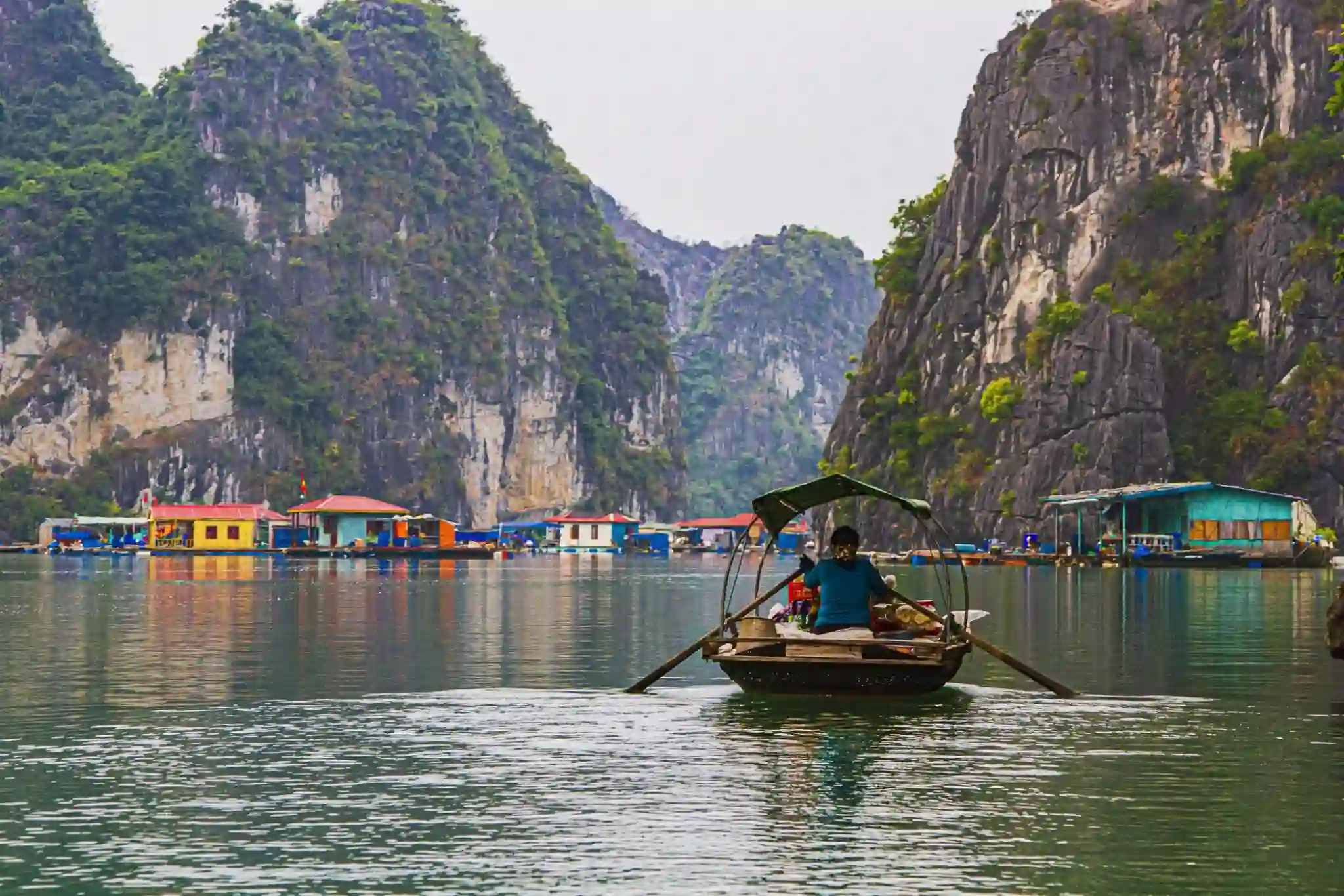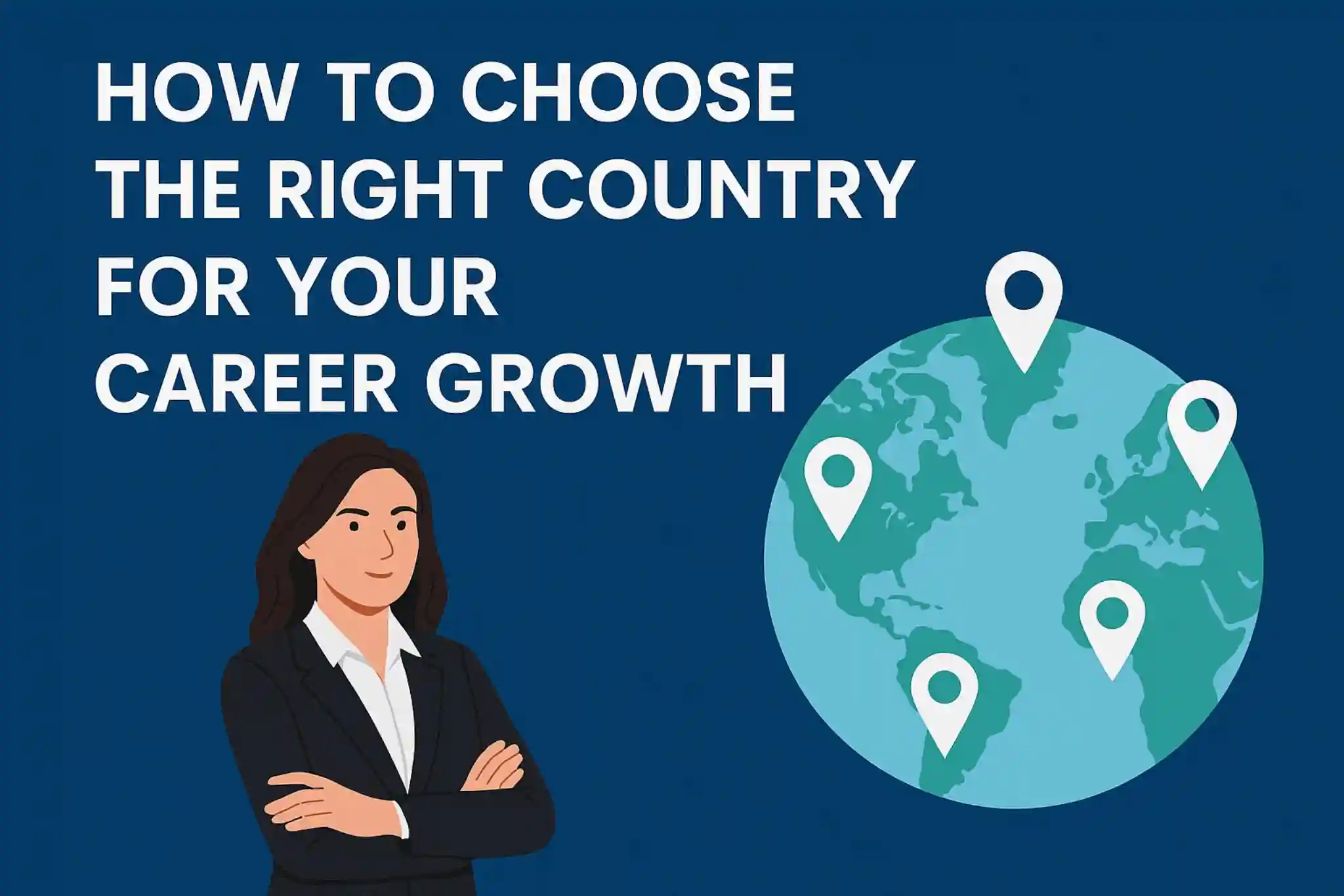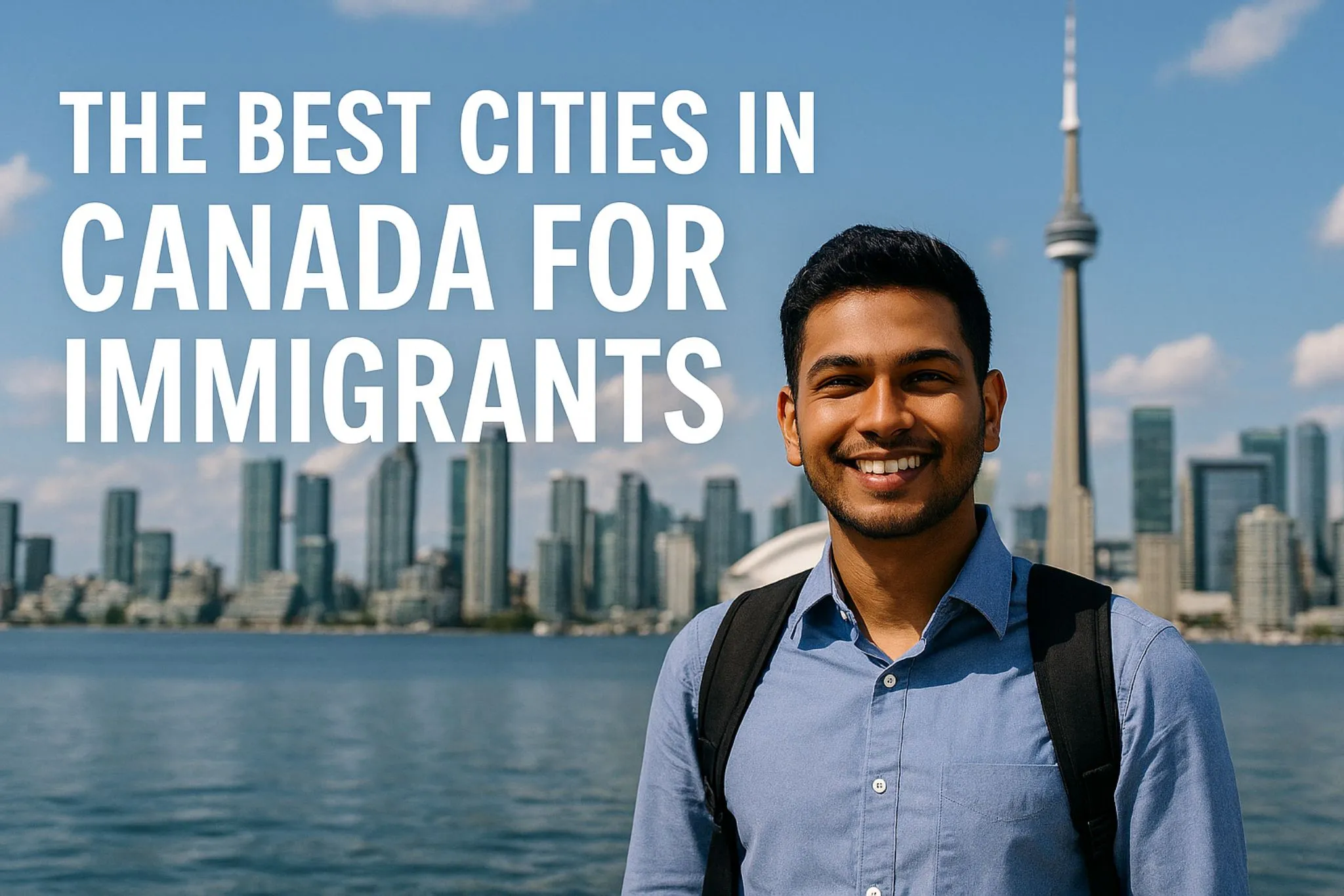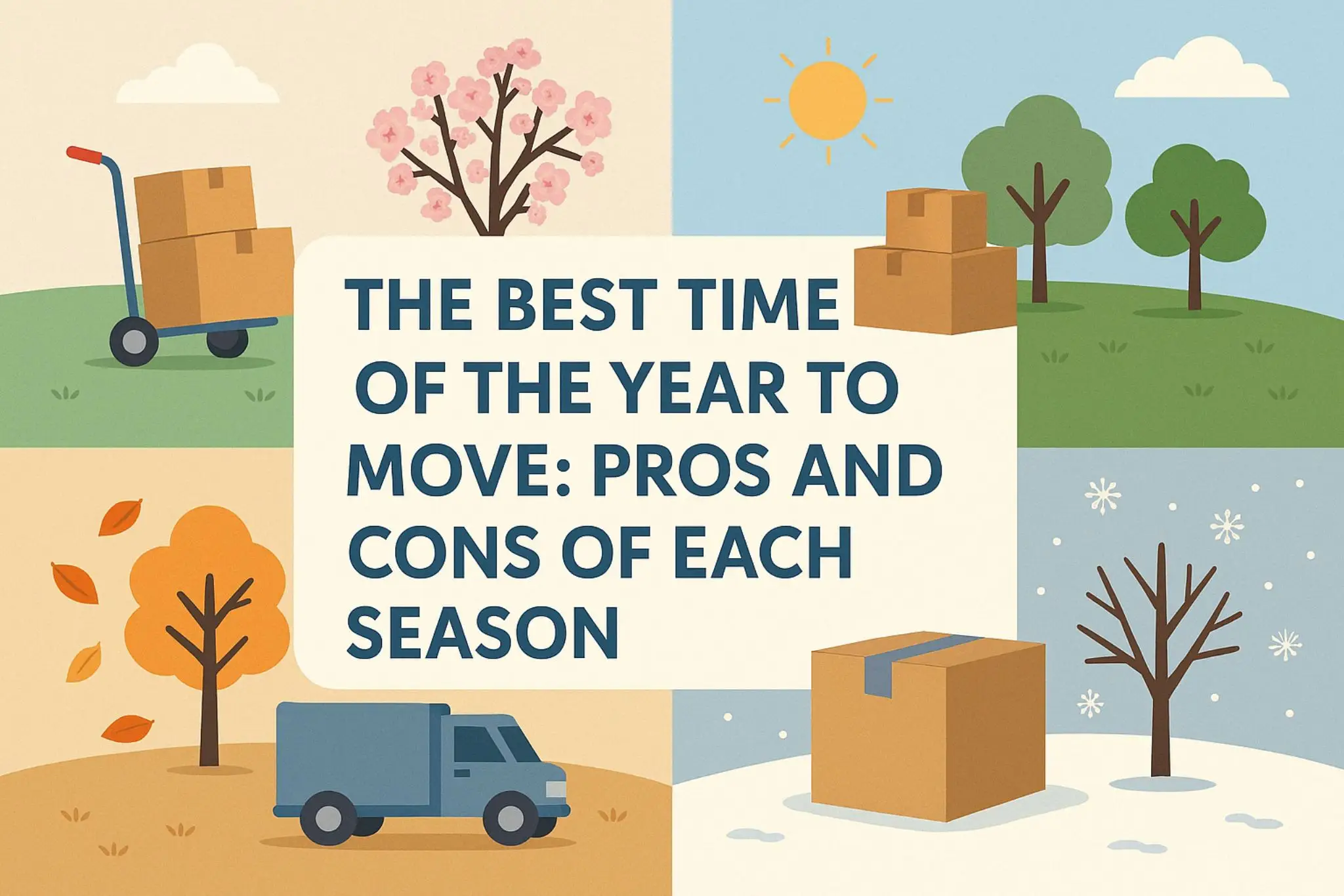Blogs
TOP 5 FAQS PEOPLE ASK BEFORE THEY MOVE TO VIETNAM

Introduction
Making the move to Vietnam is an exciting journey that offers a perfect blend of adventure, cultural immersion, and excellent career prospects. However, relocating to a new country often comes with numerous questions and uncertainties. This article addresses the top five FAQs to help you prepare for a seamless transition to Vietnam.
1. What Are the Visa Requirements for Moving to Vietnam?
Visa requirements are often the first obstacle for people planning to move. Depending on the purpose of your visit, whether it is for work, study, or retirement, there are different types of visas. Some of the most common ones include:
- Tourist Visa: For short stays, usually up to 30 days, and can be extended
- Work Visa: For professionals working for Vietnamese or international companies. A work permit is usually required as part of the application
- Business Visa: Suitable for entrepreneurs or business travellers, this visa allows longer stays and frequent entries.
- Temporary Residence Card (TRC): The TRC, highly sought after upon arrival, is valid for one to three years and renewable
2. How Do I Plan the Logistics of Moving to Vietnam?
Relocation means more than just packing up your belongings. You need to think about:
- Shipping Personal Items: Engaging a professional relocation service can be made very easy by shipping household goods. PM Relocations ensures that your household goods are safely packed, transported, and delivered to your new home.
- Finding Accommodation: Whether it is high-end serviced apartment in Ho Chi Minh City or traditional house in smaller town, finding accommodation depends upon the proximity to schools, work, and more essential services.
- Gathering Vital Documents: From your birth certificate to your vaccination records, ensure all the documents are translated into Vietnamese and, if necessary, notarized.
3. How to Successfully Adapt to Vietnamese Culture?
Vietnamese culture is one of the most traditional in the world, and understanding the subtle nuances is the way to settle in. Respect and adaptability can go a long way
- Learning Vietnamese: Although English is widely used in cities, learning some basic Vietnamese will really enhance your communication.
- Observing Social Norms: For instance, always take off your shoes before entering someone's house.
- Join Local Celebrations: Tet (Vietnamese New Year) is a good time to engage in cultural practices.
- Showing Respect to Elders: Age and seniority are very respected in Vietnam, so politeness is key in all interactions.
4. What Are the Best Places to Live and Travel in Vietnam?
Vietnam has a diverse geography that suits everyone: bustle cities, countryside peace, and so on.
Best Places to Live:
- Hanoi: A city that has all historical richness and modern life, so very popular among professionals and families.
- Ho Chi Minh City: Fast-paced culture, full of expats and international businesses.
- Da Nang: Coastal living while offering amenities like those of a city; great for families and retirees.
- Best Places to Visit:
- Halong Bay: UNESCO World Heritage Site for the stunning limestone formations and cruises.
- Hoi An: Ancient town known for lantern lights and traditional food.
- Sapa: Great for trekking and observation of hill tribe cultures.
5. What Is the Best Time to Travel in Vietnam?
Vietnam's regions do vary significantly in climate that determines which time is best suited for traveling and moving.
- North (Hanoi and Halong Bay): The best time to visit is between October and April; cooler and drier weather. Humid summers with heavy rains.
- Central Vietnam (Hoi An and Da Nang): March through August offers pleasant sunny weather for beach vacations. Avoid October and November due to typhoon season.
- South (Ho Chi Minh City): This region has a tropical climate with dry (November to April) and wet (May to October) seasons.
Bonus Tips for Moving to Vietnam
- Healthcare: Take private insurance on health and learn about internationals hospital in your vicinity.
- Transportation: Motorbikes are the norm in Vietnam but ride-hailing apps like Grab give an easier option.
- Networking: Joining expat communities such as online forums or local meetups can make your transition much easier.
Why Choose PM Relocations?
Moving to a new country comes with its challenges, but you don’t have to navigate them alone. PM Relocations, a trusted leader in the industry, offers comprehensive relocation services to make your transition smooth and stress-free. As international packers and movers, PMR handles everything from packing and shipping to settling you into your new home, allowing you to focus on your fresh start in Vietnam.
Whether you're relocating for work, study, or adventure, these FAQs and expert tips will help you prepare for this exciting journey. Contact PM Relocations today to ensure a seamless moving experience!
Our Blogs

HOW TO CHOOSE THE RIGHT COUNTRY FOR YOUR CARRER GROWTH
Looking to take your career global? Discover key factors to consider when choosing the best country for your professional growth. From job markets to work culture—make the right move for your future.

THE BEST CITIES IN CANADA FOR IMMIGRANTS
Discover the top Canadian cities for immigrants, offering excellent job opportunities, quality of life, multicultural communities, and welcoming settlement services. Whether you're moving for work, family, or a fresh start—find your perfect city here.

THE BEST TIME OF THE YEAR TO MOVE: PROS AND CONS OF EACH SEASON
Planning a move? Discover the advantages and disadvantages of relocating in each season. From cost considerations to weather challenges, this guide helps you choose the optimal time for your move.



